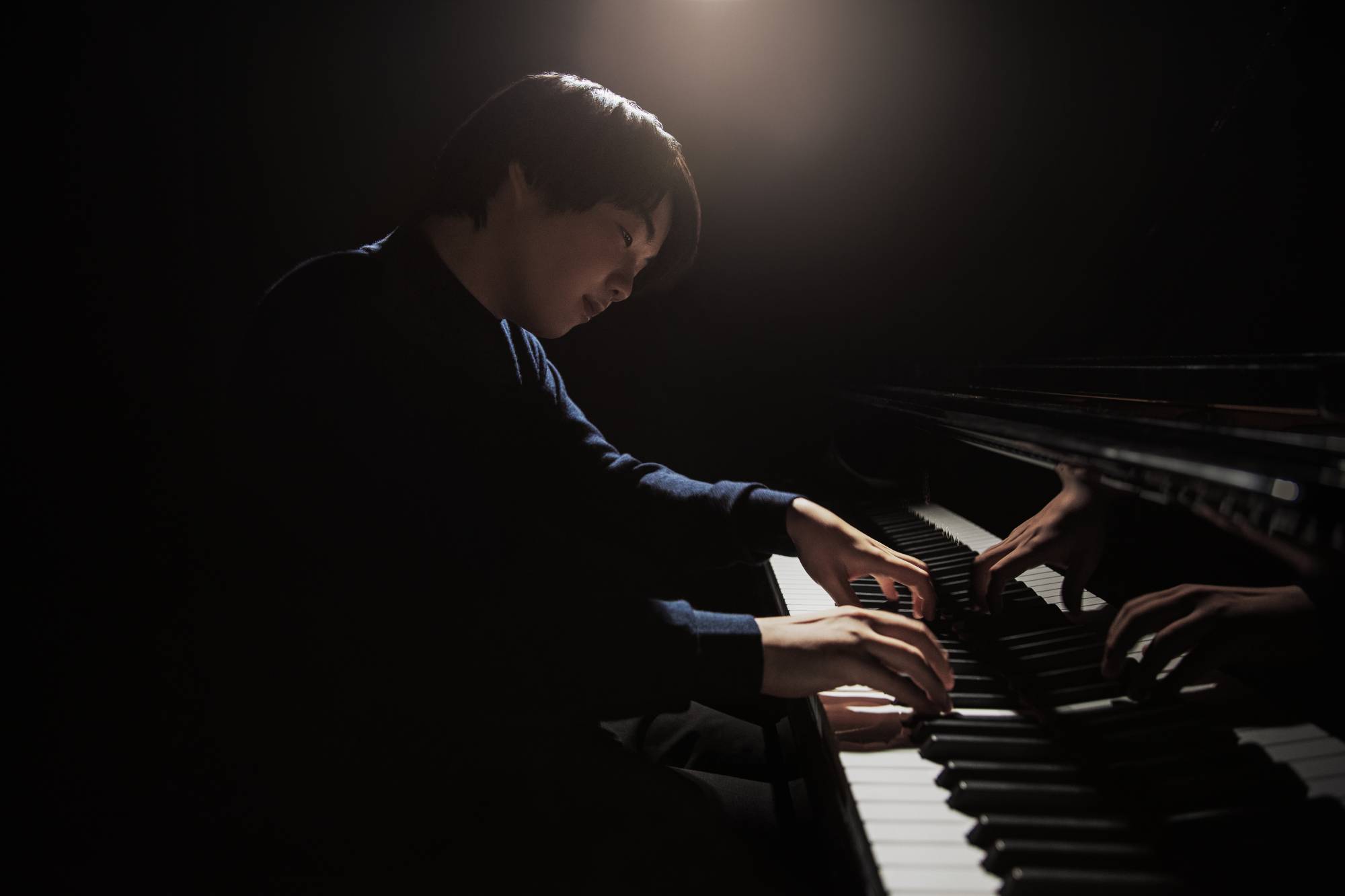When teenage piano prodigies are looking to impress, they tend to go for the showstoppers. Mozart doesn’t normally get a look-in: Compared to the likes of Rachmaninov, Liszt or Beethoven, he’s a little too dainty, a little too genteel.
Mao Fujita, who recently released a five-disc collection of the composer’s complete piano sonatas, admits that he was a late convert.
“When I was 16 or 17, I was in thrall to the more virtuoso players with amazing technique, like Lang Lang or Yuja Wang... and they didn’t play Mozart so much,” he says, speaking backstage at Muza Kawasaki Symphony Hall in Kanagawa Prefecture.


















With your current subscription plan you can comment on stories. However, before writing your first comment, please create a display name in the Profile section of your subscriber account page.